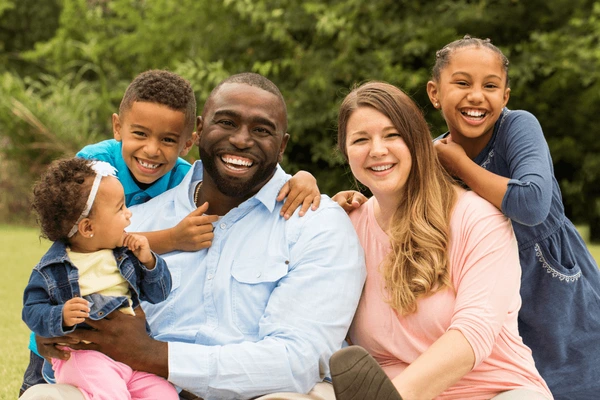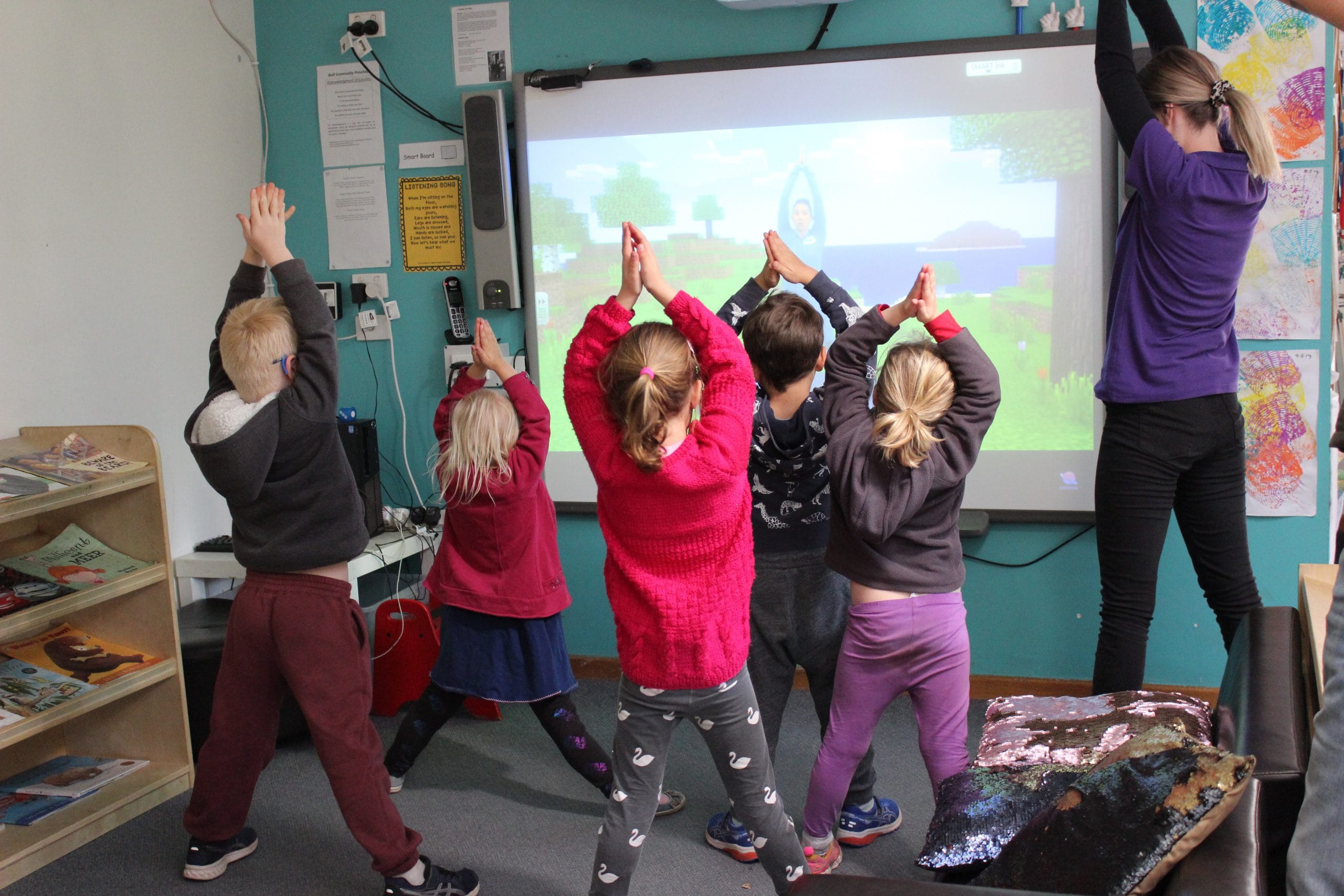Why Is Raising Culturally Diverse Children Important?
Raising culturally diverse children is crucial as it fosters empathy, respect, and open-mindedness. Exposing children to different cultures from a young age nurtures understanding and appreciation for diversity, essential in today’s interconnected world. It helps in building inclusive societies where unique traditions are valued, leading to global harmony. Embracing diverse perspectives prepares children to navigate a multicultural environment with ease, fostering strong communication skills and meaningful relationships. By celebrating cultural differences, children develop a sense of belonging and cultivate empathy towards others. Understanding the importance of diversity lays a strong foundation for a brighter, more interconnected future.
Key Takeaways
- Culturally diverse children build empathy and understanding.
- Fosters respect for different cultures and traditions.
- Encourages open-mindedness from a young age.
- Promotes inclusivity and acceptance in society.
- Nurtures a global perspective and appreciation for diversity.
Building Empathy and Understanding
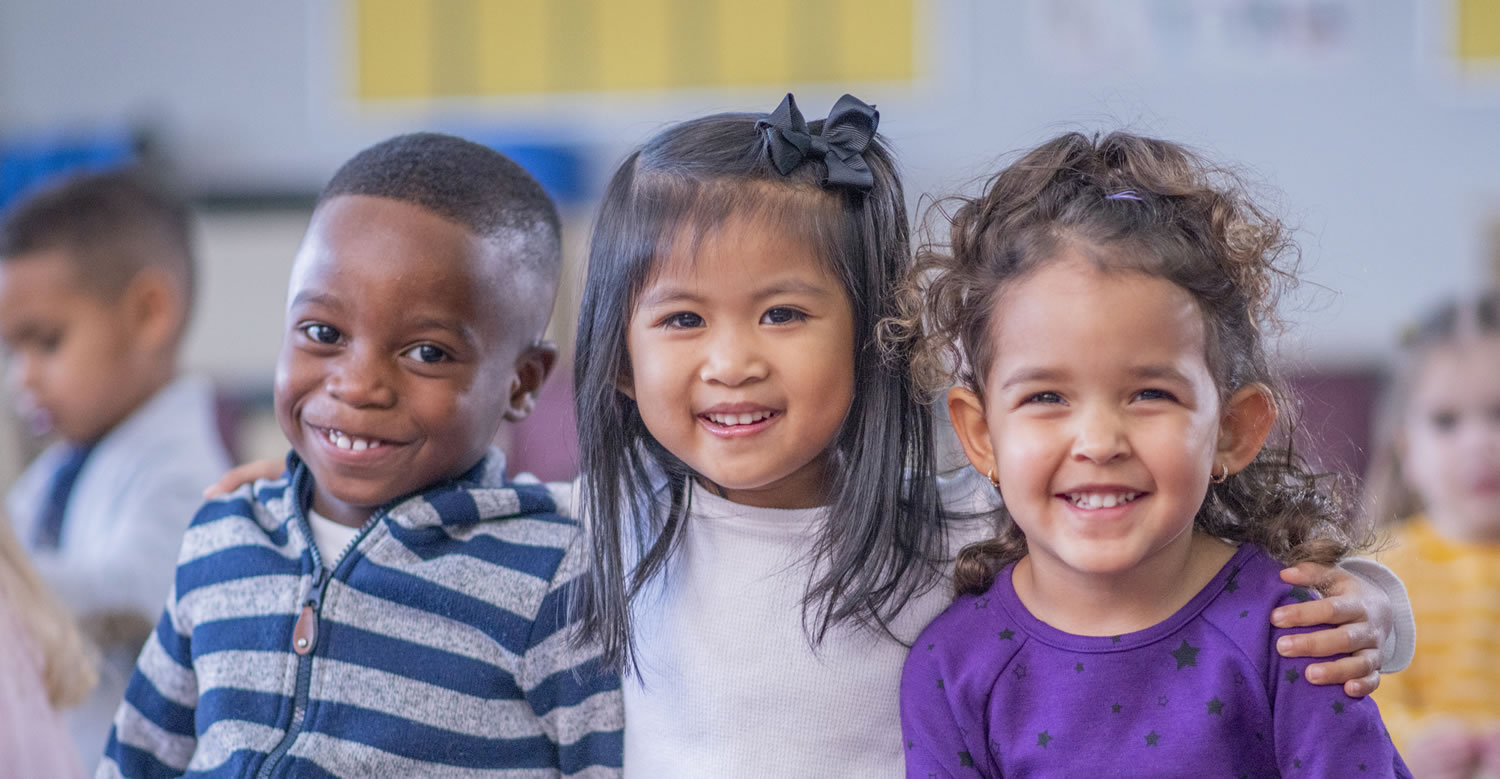
Developing empathy and understanding in culturally diverse children is essential for fostering inclusivity and respect towards others’ backgrounds and perspectives. Cultural sensitivity plays a crucial role in this process, as it enables children to appreciate and value the differences present in a multicultural world.
By nurturing global awareness, kids learn to recognize the similarities that bind humanity together, regardless of cultural distinctions. Empathy development is key to promoting cross-cultural understanding, allowing children to step into the shoes of others and see the world from different viewpoints. This not only cultivates a sense of compassion but also builds bridges between individuals of diverse backgrounds.
Encouraging children to embrace cultural diversity helps them become more open-minded and accepting of others, paving the way for a more harmonious society. Through promoting empathy and understanding, we equip the younger generation with the tools needed to navigate an increasingly interconnected and diverse world with grace and respect.
Fostering Respect for Different Cultures
To cultivate a deep appreciation for the diverse tapestry of cultures that exist in our world, it’s essential to instill in children a profound respect for different cultural backgrounds and traditions. Encouraging cultural celebrations within the family unit and community can foster an understanding and respect for the various customs and practices that different cultures uphold. By actively participating in and learning about cultural celebrations, children can develop a sense of cultural awareness and a global perspective that extends beyond their immediate surroundings.
Cross-cultural friendships play an important role in fostering respect for different cultures. When children engage with peers from diverse cultural backgrounds, they’ve the opportunity to learn firsthand about different traditions, languages, and values. These interactions can break down stereotypes and promote empathy, leading to a more inclusive and harmonious society.
Encouraging Open-Mindedness From a Young Age
To raise culturally diverse children, it’s essential to encourage open-mindedness from a young age. By fostering empathy and understanding, children learn to appreciate the differences that make each culture unique.
Embracing diverse perspectives allows children to develop a broader worldview and become more accepting individuals in an increasingly interconnected global society.

Fostering Empathy and Understanding
Encouraging a sense of curiosity and respect towards different cultures from a young age lays a strong foundation for fostering empathy and understanding in culturally diverse children. By instilling cultural sensitivity and emotional intelligence early on, children learn to appreciate the uniqueness of various traditions, beliefs, and perspectives. This exposure helps them develop a global perspective and enhances their social development by learning to navigate and appreciate diverse environments.
Children who are raised to be culturally open-minded tend to exhibit higher levels of empathy and understanding towards others. They’re better equipped to communicate effectively across cultural boundaries, fostering deeper connections and relationships with individuals from different backgrounds. This early exposure not only broadens their worldview but also cultivates a sense of inclusivity and acceptance.
Moreover, embracing cultural diversity from a young age can have long-lasting effects on a child’s development, shaping them into more tolerant and compassionate individuals as they grow into adulthood. By fostering empathy and understanding early on, we can nurture a generation of individuals who are respectful, empathetic, and open to embracing the richness of the world’s diverse cultures.
Embracing Diverse Perspectives
Cultivating an open-minded approach towards diverse perspectives from a young age can significantly impact a child’s ability to navigate and appreciate the complexities of a multicultural world. Encouraging cultural exchange and embracing diverse perspectives can instill in children a sense of global citizenship. Multicultural education plays an essential role in shaping a child’s worldview by exposing them to different cultures, traditions, and ways of thinking.
By fostering an environment that values diverse perspectives, children learn to appreciate the richness that cultural diversity brings to society. They develop empathy and understanding towards individuals from different backgrounds, promoting inclusivity and respect. This early exposure helps children become more adaptable and open to new ideas, preparing them to interact confidently in a globalized world.
Embracing diverse perspectives not only enriches a child’s personal growth but also contributes to building a more harmonious and interconnected society. It lays the foundation for future generations to become compassionate and culturally sensitive individuals, capable of thriving in a world that celebrates diversity.
Promoting Inclusivity and Acceptance
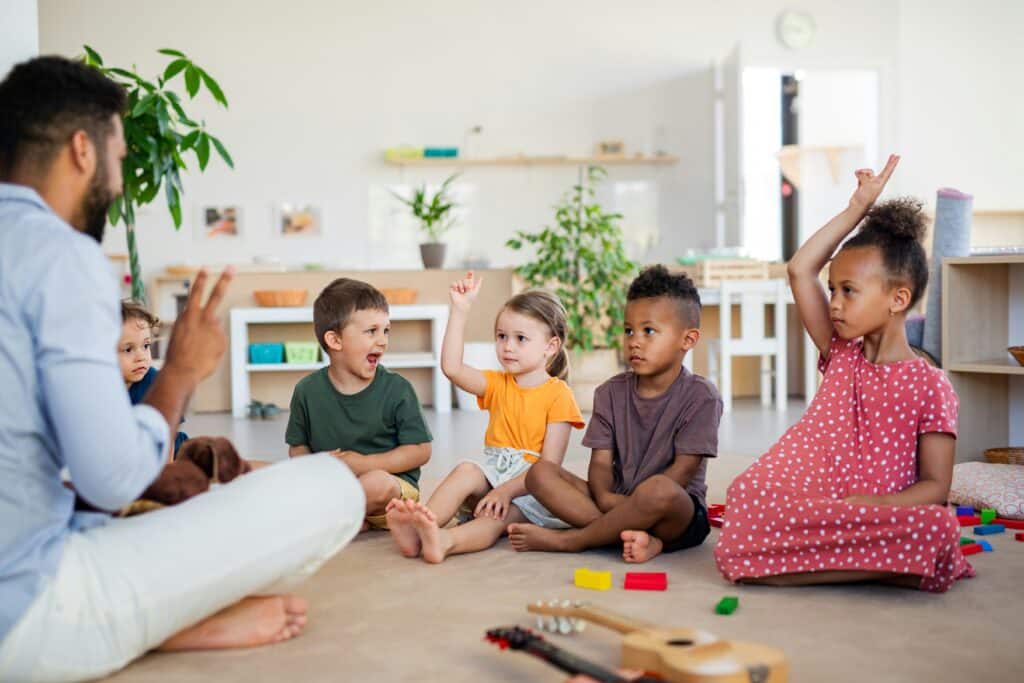
Fostering an environment of inclusivity and acceptance within your family is essential when raising culturally diverse children. Promoting inclusivity involves actively creating a space where all cultural backgrounds are respected and valued. By fostering acceptance, you demonstrate to your children the importance of embracing diversity and celebrating differences.
Encourage open discussions about various cultures, traditions, and beliefs, allowing your children to ask questions and learn from each other’s unique perspectives.
Model inclusive behaviors by participating in culturally diverse events, trying different cuisines, and learning about various customs together as a family. Teach your children the significance of empathy, kindness, and understanding towards individuals from different cultural backgrounds.
Nurturing a Global Perspective
To nurture a global perspective in your culturally diverse children, expose them to a variety of international experiences and viewpoints through interactive learning opportunities. Global citizenship is cultivated through cross-cultural experiences that foster international understanding. Encouraging cultural immersion can instill a sense of appreciation for diversity and promote empathy towards others.
One effective way to nurture a global perspective is to engage in cultural exchange programs that allow your children to interact with individuals from different backgrounds. Encourage them to participate in activities that celebrate various traditions and customs, broadening their perspectives on the world. Visiting museums, attending cultural festivals, or even hosting international students can provide valuable insights into different ways of life.
Additionally, incorporating diverse literature, music, and cuisine into your daily routine can spark discussions about global issues and promote a deeper understanding of different cultures. By embracing these experiences, your children can develop a more inclusive worldview and become active participants in our increasingly interconnected society.
Enhancing Communication Skills
Improve your children’s ability to connect effectively across cultural boundaries by honing their communication skills through interactive activities and exposure to diverse linguistic practices. Cross-cultural friendships play an essential role in broadening your children’s communication horizons. Encourage them to engage with peers from different cultural backgrounds, fostering an environment where they can learn to navigate and appreciate diverse communication styles.
Language immersion is a powerful tool for enhancing communication skills in culturally diverse children. By exposing them to various languages early on, you not only help them become fluent in multiple languages but also instill in them a deep understanding of different cultures and their unique ways of communication.
Encourage your children to participate in language exchange programs, attend multicultural events, and engage in storytelling sessions in different languages. These experiences won’t only enhance their linguistic abilities but also cultivate empathy and respect for diverse communication practices around the world.
Embracing Diversity in the Community

Embracing diversity in your community involves actively seeking out opportunities to engage with individuals from various cultural backgrounds to broaden your understanding and appreciation of different perspectives. Community engagement plays an essential role in fostering a sense of inclusivity and mutual respect among diverse groups.
By participating in cultural exchange events, attending multicultural festivals, or joining community organizations that celebrate different traditions, you can create meaningful connections with people from varying backgrounds. These interactions not only enrich your own cultural awareness but also contribute to the creation of a more cohesive and harmonious society.
Through open dialogue and shared experiences, you can learn to embrace the unique differences that make each culture special while also finding common ground that unites us all as human beings. By actively engaging with the diverse tapestry of your community, you not only expand your own worldview but also set a positive example for future generations on the importance of embracing diversity.
Preparing Children for a Multicultural Society
Engaging with diverse cultural experiences from an early age equips children with invaluable skills for maneuvering and thriving in an increasingly multicultural society. Encouraging cross-cultural friendships helps children develop empathy, respect, and an understanding of different perspectives. These friendships foster open-mindedness and the ability to navigate complex social situations with ease and sensitivity.
Multicultural education plays a vital role in preparing children for a diverse society by promoting cultural awareness, inclusivity, and acceptance. By learning about various cultures, traditions, and histories, children gain a broader worldview and appreciation for diversity.
Exposing children to multicultural experiences not only enhances their social skills but also prepares them for future academic and professional environments that celebrate diversity. It instills a sense of global citizenship and promotes the value of inclusivity in all aspects of life. By embracing cross-cultural friendships and engaging in multicultural education, children are better equipped to thrive in a society that values and respects differences.
Celebrating Cultural Differences
Celebrating cultural differences fosters a rich tapestry of perspectives and traditions that contribute to a vibrant and inclusive society. Cultural exchange and cross-cultural friendships play an essential role in breaking down barriers and fostering understanding among individuals from diverse backgrounds.
By embracing multicultural celebrations, you open doors to new experiences, foods, music, and traditions that enrich your own cultural identity and broaden your worldview.
Engaging in global citizenship means recognizing that we’re all part of a larger community, interconnected by our differences and similarities. It involves actively participating in initiatives that promote equality, diversity, and inclusivity.
By celebrating cultural differences, you actively contribute to creating a more harmonious and accepting society where everyone’s unique heritage is valued and respected.
Through embracing diversity and promoting cross-cultural friendships, you pave the way for a more interconnected world where individuals can learn from one another, grow together, and foster a sense of unity amidst cultural variety.
Supporting Social and Emotional Development
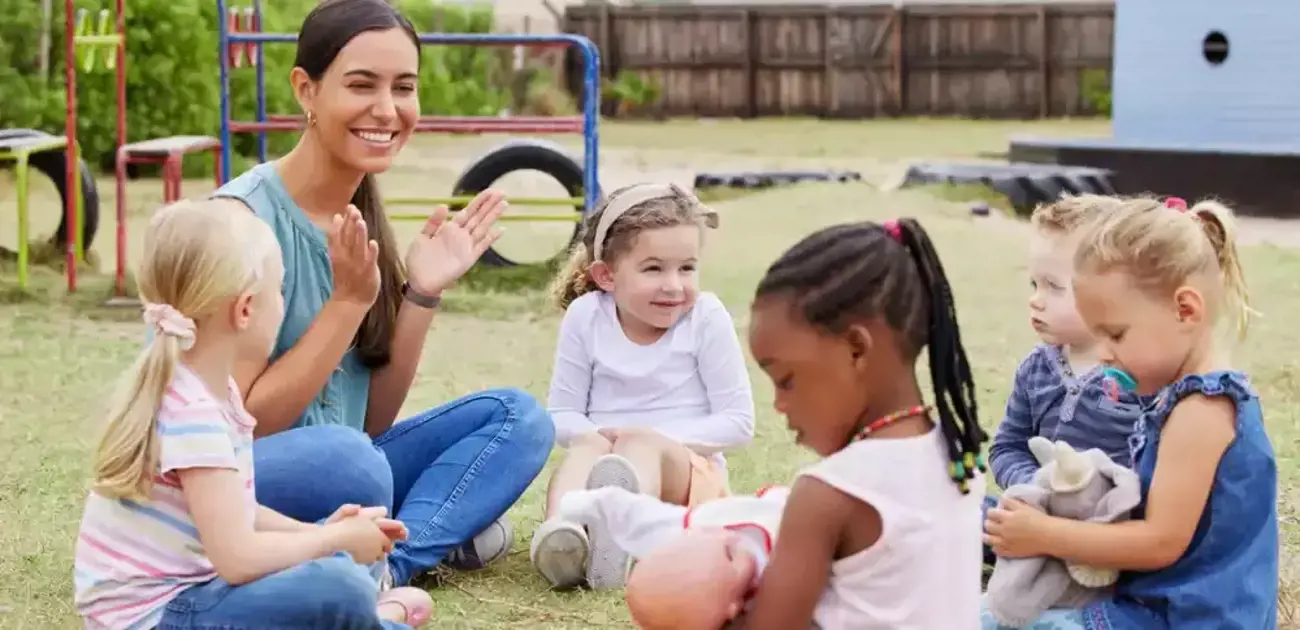
To support your culturally diverse child’s social and emotional development, focus on nurturing their emotional intelligence skills. Encourage them to recognize and manage their emotions effectively, fostering resilience and self-awareness.
Emotional Intelligence Skills
Developing emotional intelligence skills in culturally diverse children is essential for supporting their social and emotional development in a globalized world. Social awareness and self-regulation are pivotal components of emotional intelligence that allow children to navigate complex social situations and manage their emotions effectively.
Culturally sensitive emotional intelligence enables children to understand and respect the perspectives of others from different backgrounds, fostering empathy and cooperation across diverse communities.
By honing social awareness, children learn to recognize emotions in themselves and others, enhancing their ability to communicate effectively and build strong relationships. Self-regulation empowers children to control their impulses, manage stress, and adapt to various cultural norms and expectations.
Cultural sensitivity within emotional intelligence equips children with the tools to appreciate diversity, reduce prejudice, and embrace inclusivity in a multicultural society.
In a rapidly changing world where intercultural interactions are increasingly common, nurturing emotional intelligence skills in culturally diverse children is paramount for promoting harmonious relationships and fostering a more empathetic and respectful global community.
Building Empathy and Respect
Understanding and practicing empathy and respect is foundational for nurturing the social and emotional development of culturally diverse children. It fosters harmonious relationships across various backgrounds and promotes a culture of inclusivity and understanding in a globalized world.
Cultivating cultural sensitivity in children helps them appreciate and respect differences, leading to the formation of meaningful cross-cultural friendships. By encouraging global citizenship and providing multicultural experiences, children learn to empathize with others’ perspectives, values, and traditions.
This exposure not only broadens their worldview but also equips them with essential social skills to navigate diverse environments with respect and openness. Developing empathy and respect in culturally diverse children fosters a sense of belonging and acceptance, contributing to a more harmonious and interconnected society.
Through interactions with individuals from different cultural backgrounds, children learn the importance of valuing diversity and embracing inclusivity, essential qualities for building a more empathetic and respectful global community.
Enhancing Communication Abilities
Improving communication abilities in culturally diverse children is essential for supporting their social and emotional development across various cultural contexts. Culturally sensitive communication involves not only language learning but also understanding the nuances of non-verbal communication, tone, and cultural norms.
Encouraging cross-cultural communication helps children appreciate diversity and fosters empathy and respect for others. Language learning plays a vital role in enhancing communication abilities. By learning different languages, children can connect with people from diverse cultural backgrounds more effectively. This not only broadens their communication skills but also deepens their understanding of different cultures.
Cross-cultural communication skills enable children to navigate various cultural contexts with ease. It allows them to bridge cultural differences, find common ground, and build meaningful relationships. By fostering diversity appreciation, children learn to value and respect the unique perspectives and traditions of others, promoting mutual understanding and harmony in multicultural settings.
Cultivating strong communication abilities in culturally diverse children is key to nurturing well-rounded individuals who can thrive in an increasingly interconnected world.
Frequently Asked Questions
How Can I Help My Child Navigate Cultural Identity Conflicts?
To help your child navigate cultural identity conflicts, provide consistent family support, encourage open cross-cultural communication, and foster emotional intelligence skills. Validate their feelings, explore diverse perspectives, and embrace differences to enhance identity development.
What Are Some Practical Ways to Teach Children About Microaggressions?
Engage in role playing scenarios to illustrate microaggressions, fostering empathy and understanding. Initiate open discussions about these subtle forms of discrimination, encouraging critical thinking and awareness of societal biases. Approach these topics with sensitivity and patience.
Are There Resources to Support Parents in Raising Culturally Diverse Children?
To find resources for raising culturally diverse children, seek parental support through online forums and educational tools. Engage in community involvement by attending cultural events and workshops. These experiences will enrich your child’s understanding of different cultures.
How Can I Address Cultural Appropriation With My Child?
When addressing cultural appropriation with your child, prioritize cultural sensitivity and education. Encourage cultural awareness and respect by having open discussions, exploring diverse perspectives, and teaching the importance of honoring and appreciating different cultures with empathy and understanding.
What Role Do Schools Play in Promoting Cultural Diversity in Children?
Schools play a pivotal role in promoting cultural diversity in children through diverse curriculum integration and organizing cultural events. By offering programs that celebrate different backgrounds, schools foster an inclusive environment that values and respects all cultures.
Conclusion
In summary, raising culturally diverse children is essential for building empathy, fostering respect, and promoting inclusivity. By encouraging open-mindedness and celebrating cultural differences, you’re preparing your children for a multicultural society and nurturing their social and emotional development.
Embracing diversity in the community will help them develop a global perspective and thrive in an increasingly interconnected world. So, keep exposing your children to different cultures and perspectives, as it will shape them into compassionate and understanding individuals.

Hey there! 👋 I’m a proud mom and passionate writer, sharing my parenting journey. 📝 Join me as I navigate the ups and downs of motherhood, offering tips, advice, and a sprinkle of humor along the way. 🌟




